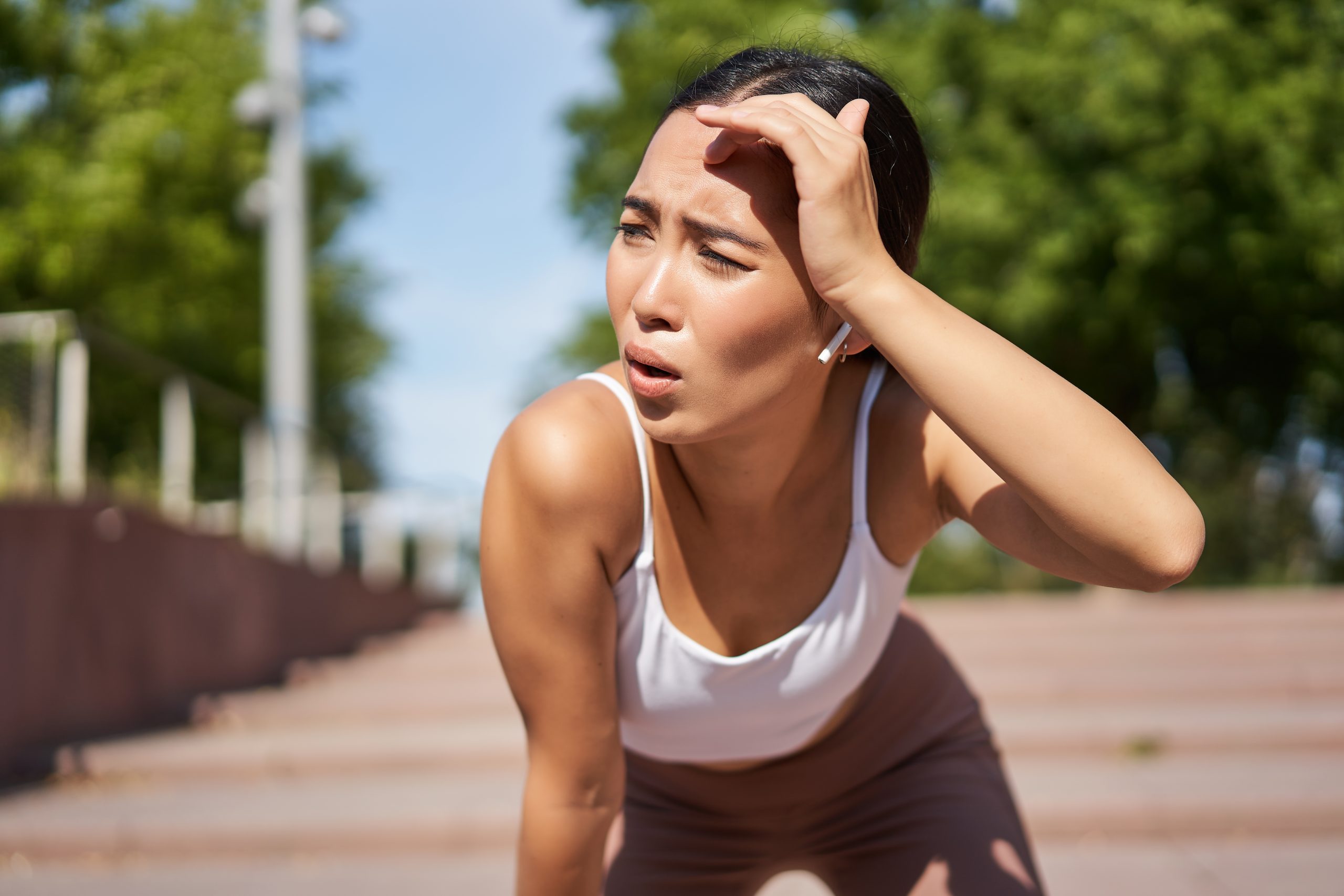Apr 15, 2025

During Thailand’s summer, many provinces experience temperatures exceeding 40°C, ranking among the top 15 hottest regions globally. Extreme heat raises the risk of heat stroke, a life-threatening condition that has claimed 18 lives in Thailand, with fatalities expected to rise due to escalating temperatures.
Heat stroke occurs when the body overheats, typically due to strenuous activity or exposure to high temperatures, especially in hot, humid environments. It is diagnosed when body temperature reaches 40°C or higher. Without prompt treatment, it can damage vital organs (brain, heart, lungs, kidneys, muscles) and lead to disability or death.
Body temperature ≥40°C.
Dry, hot skin with no sweating.
Low blood pressure.
Rapid heartbeat, palpitations.
Extreme thirst, dizziness, headache.
Confusion, fainting, nausea, vomiting.
Fatigue, seizures, unconsciousness.
Children under 5 and elderly adults (reduced heat regulation).
Those with chronic diseases (e.g., hypertension, heart disease, diabetes).
Overweight/obese individuals.
Sleep-deprived individuals.
Outdoor workers/athletes (farmers, golfers).
Office workers transitioning abruptly from AC to extreme heat.
Alcohol consumers: Alcohol dehydrates, increases heart rate, and raises blood pressure, heightening shock and death risks.
Move the patient to a shaded, well-ventilated area.
Lie flat with legs elevated to boost blood flow to the brain.
Loosen clothing to enhance heat dissipation.
Cool the body:
Apply cold towels/ice packs to neck, armpits, groin, and forehead.
Use fans to accelerate cooling.
Hydrate: If conscious, provide water.
Seek emergency care immediately.
Avoid outdoor activities during peak heat (10 AM–4 PM).
Wear light-colored, loose, breathable clothing.
Drink 6–8 glasses of water daily, even if not thirsty.
Avoid alcohol, caffeine, and sugary drinks.
Never leave children, elders, or pets in parked cars.
At-risk groups (children, elderly, chronically ill) should avoid heat and stay accompanied.
Exercise early morning or evening; warm up first.
Wear sunglasses and wide-brimmed hats.
Seek immediate medical help if symptoms arise.
Conclusion
Heat stroke is preventable. Stay hydrated, dress appropriately, and limit heat exposure. Immediate action saves lives!